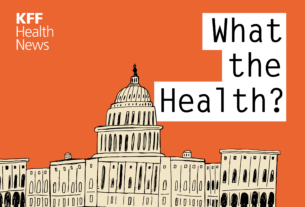These days, there is so much to worry about.
Why does laughter help with stress?
Theodor Reik, a disciple of Sigmund Freud who settled in New York in the 1920s, once remarked that life is often tragic and sad. By joking about it, we succeed in transcending the tragic character of an event and bringing it under our control. “By using humor, the lament often turns into laughter,” remarked Reik (Jewish Wit, New York, 1962). Laughter is a momentary way of taking back some control in your life. I can rid myself of some of the emotional pain through laughter.
So when I heard that Comedy for Koby was going to be back in Israel, I thought that going to the show was exactly what the doctor ordered – a dose of laughter to escape from all the pain.
Rabbi Seth and Sherri Mandell discovered this secret weapon of laughter after their 13-year-old son, Koby, and his friend Yosef Ishran, were brutally murdered in 2001 by terrorists near their Tekoa home. This amazing couple took their pain and created Camp Koby to provide emotional support services to thousands of bereaved Israelis.
- Laughter relaxes the whole body. A hearty laugh relieves physical tension and stress, leaving the muscles relaxed for up to 45 minutes.
- Laughter boosts the immune system. Laughter decreases stress hormones and increases immune cells and infection-fighting antibodies, thus improving resistance to disease.
- Laughter triggers the release of endorphins, the body’s natural feel-good chemicals. Endorphins promote an overall sense of well-being and can even temporarily relieve pain.
- Laughter alters neurotransmitter levels, including dopamine and serotonin. These changes can lead to improved mood and may help alleviate symptoms of depression and anxiety.
- Laughter protects the heart. Laughter improves the function of blood vessels and increases blood flow, which can help protect against a heart attack and other cardiovascular problems.
- Sharing laughter with others fosters social bonds. The feeling of “we are in this together” is one of the positive outcomes of sharing laughter. “I am not alone” is a positive thought.
- It has been proven that laughter and doing things that make us smile enhance our general well-being and promote health and resiliency during times of crisis.
Most people know firsthand that when they are told a funny joke, see a talented comedian, or watch a sitcom, they laugh and feel good. All the more, helping people laugh when they are facing difficult emotional times is a much-needed and powerful coping tool.
The writer is a cognitive-behavioral psychotherapist treating adults and children, as well as couples. He sees clients in Ra’anana and at his Jerusalem clinic. [email protected]; www.facebook.com/drmikegropper



